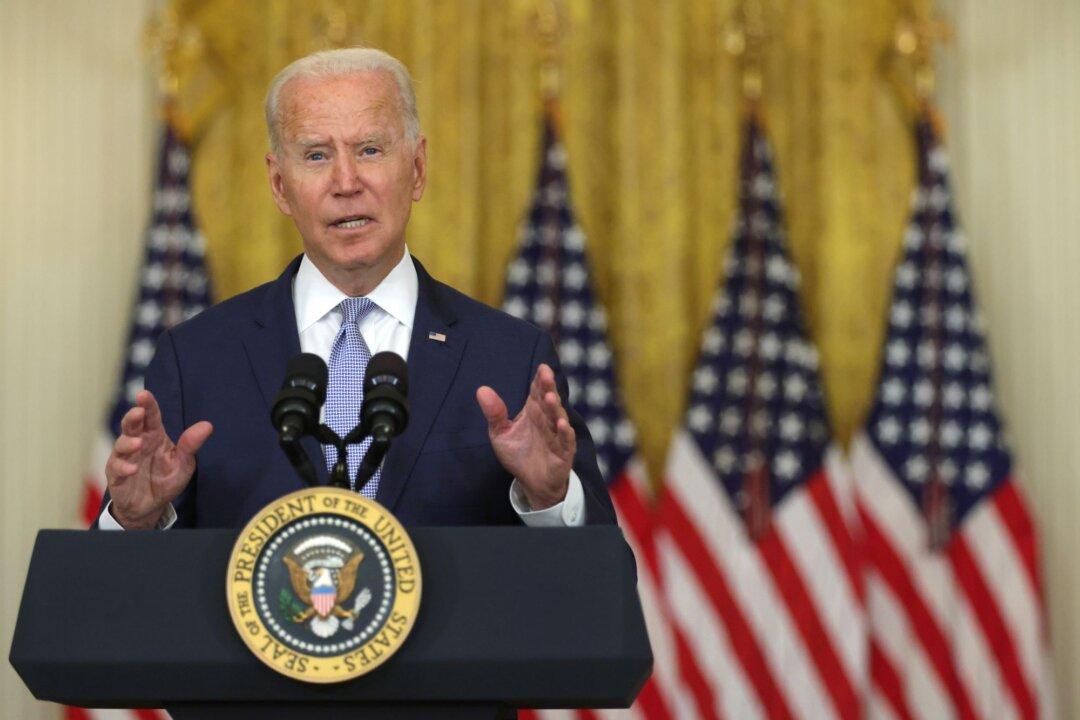President Joe Biden on Thursday detailed his administration’s plans to lower the cost of prescription drugs while calling on Congress to help tackle the issue by reducing high prices of life-saving medication.
Speaking from the East Room of the White House, Biden said he aims to help lower prescription drug costs nationwide as part of the ambitious Build Back Better agenda he is seeking to push through Congress.




